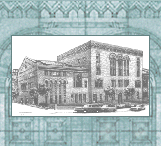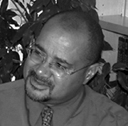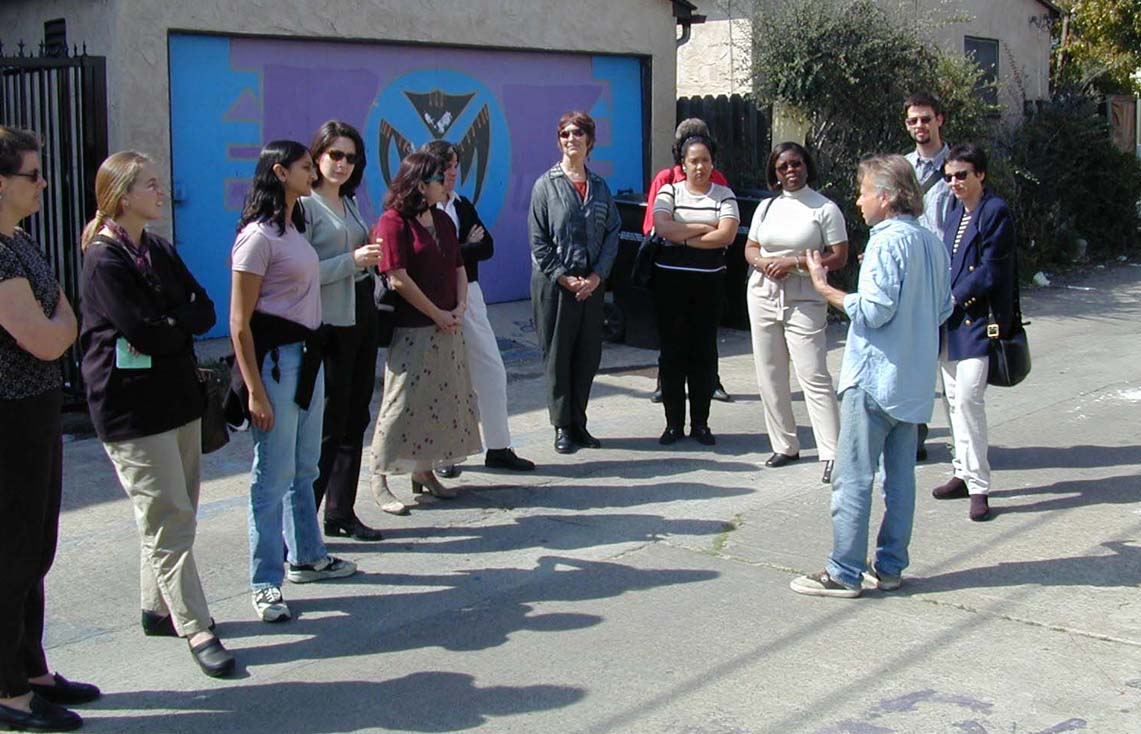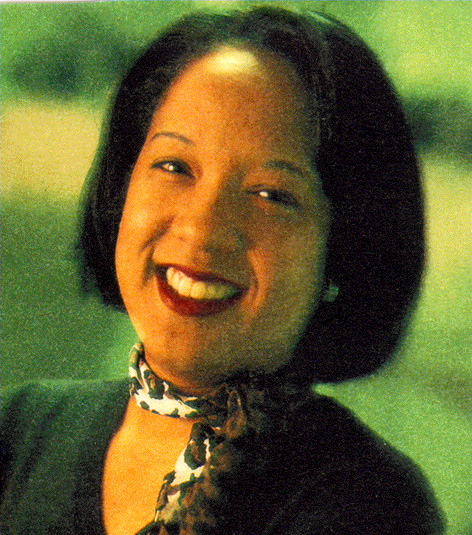

Our
mission is to reduce the number of injuries and deaths due to
injuries,
through prevention, improved trauma care, and improved rehabilitation.
"I feel empowered to try to solve a problem...to do something! I've always known there were issues, but I didn't have all the skills to tackle them. I never wrote a letter to an official before. I never went to a hearing for gun policy . I never thought my voice was heard. It's given me more insight. Voices are heard--but you have to go to certain forums to get them heard."
--Lisa Richardson, MD.
"The group provided a sounding board to work on our own issues and identity...I'm a minority male, and minority males are often the focus of violence. It is very painful to look at this and feel helpless, to identify with so many of them. I hate to have my community so devastated. But the flip side of that is I can provide encouragement and increase self-esteem and rekindle the hope that things can change for them."
--Zakee Matthews, MD

August 1, 2003
Valued Opportunities:
increasing the diversity of health professionals working on violence
prevention
a new report

The Violence Prevention Initiative
In 1992, the Board of Directors of the brand new The California Wellness Foundation approved funding for a ten-year Violence Prevention
Initiative to reduce violence against youth in California. The Foundation wanted to focus the insight, energy, and expertise of people of very different backgrounds upon a single goal--to help California's youth have a safer, healthier, less violent, and more promising future.
The Violence Prevention Initiative included four interactive components: Policy and Public Education, Community Action, Research, and Leadership & Professional
Development. The Leadership & Professional Development component consisted of three groups: Peace Prize honorees, Community
Leadership Fellowships and Academic Fellows. The Trauma Foundation's Liz
McLoughlin and Peggy Skaj coordinated the Academic Fellowship program and
oversaw the writing and production of the report, Valued
Opportunities, which describes in detail the Academic Fellowship
program.
The Academic Fellowship--Broadening Diversity
Social policy is determined at various levels of governmental, institutional, and professional bodies. Power to create social change derives from community
mobilization; it is also exercised by policy decision-makers. Although California has a racially and ethnically diverse population, people from traditionally privileged
populations (male, white, middle- or upper-class) have been over-represented at the decision-making table. The Academic
Fellowship was intended to diversify the group of people sitting at those tables.
The Academic Fellowship was designed to deepen the knowledge and broaden the diversity among health professionals, increasing, in particular, the involvement of
women and people of color, who would participate in decision-making about violence prevention and incorporate violence prevention work in their professional
careers. The Academic Fellows program enabled 9 institutions to recruit and train health professionals about violence prevention.

Throughout 10 years (1993-2003), the academic fellowship trained 64 academic fellows --81% were women and 47% people of color. Each of the Fellows
worked on her or his unique project.
Some of these amazing projects entailed:
- studying violence against women in Japan;
- surveying violence prevention knowledge and practices among trauma surgeons;
- analyzing the source of firearms used in suicides among California youth;
- assessing the needs of Latino youth discharged from juvenile probation residential facilities;
- developing a screening instrument for young victims of violence to help prevent re-injury by violence after discharge from a hospital;
- creating a tattoo removal program for youth in order to erase gang affiliation;
- assessing the mental health of inmates in the California Youth Authority;
- creating collaborations between the community and the university to design a comprehensive welfare-to-work project.
Making a Difference
Each of these projects and the Fellows who pursued them have made a difference. Fellows have gone on to mentor others in their own and related fields. Fellows
have been part of an ever extending circle, and by passing on their expertise and training others, they
are responsible for creating a ripple effect, charging the environment with renewed vitality and energy, and changing people, institutions, and policies around and beyond them.
Click here for the full report,
Valued Opportunities
(pdf)
 |
 |
|---|
